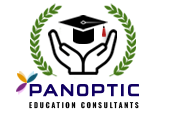Study in South Korea
Study in South Korea blends innovation and culture, transforming your studies into a world-class journey with opportunities for research, internships, and career growth.
Renowned for globally ranked universities and a high-tech economy, South Korea is one of Asia’s most exciting study destinations. From SNU, KAIST, and Yonsei to dynamic private universities across Seoul, Daejeon, and Busan, students gain industry-connected teaching, modern labs, and English-taught programs in engineering, AI/data science, design, business, and life sciences. Safe, efficient cities, excellent public transport, and a rich cultural scene—K-culture, festivals, cuisine, and historic landmarks—create an inspiring environment to learn and live. Whether you plan to study in South Korea for bachelor’s or master’s degrees, Panoptic guides every step: profile evaluation, university shortlisting, SOP/LOR support, test planning, applications, scholarships, and visa documentation. After your offer, we assist with accommodation, pre-departure briefings, and arrival. With part-time work options, strong internship pipelines, and graduate hiring in technology, automotive, gaming, and media, South Korea offers a powerful launchpad for global careers.
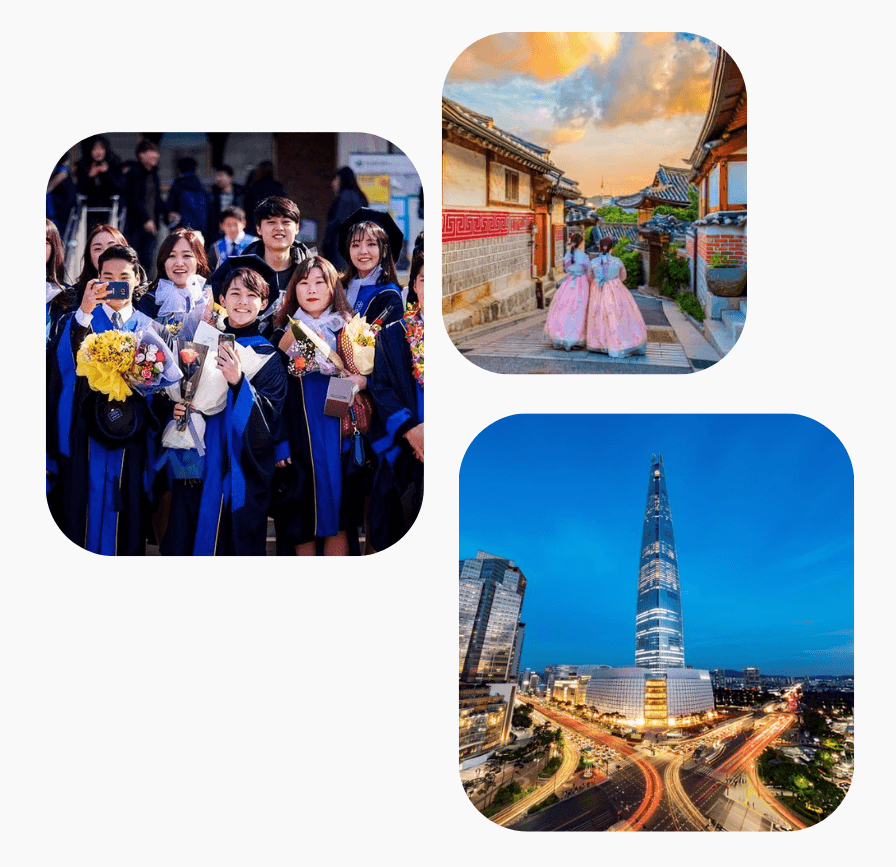
Get Free Consultation Today !
Universties
Courses
Scholarship
Countries

Key Facts to Study in South Korea
Quick highlights to plan your application, budget, and timeline.
March (Spring) & September (Fall); apply 6–9 months early.
₩700k–1.2M/month (≈ USD 550–950); higher in Seoul.
English-taught options; IELTS/TOEFL accepted. TOPIK needed for Korean-taught courses.
Government (GKS) + university merit awards; RA/TA options for postgrads.
~₩3.5–7.5M per semester (≈ USD 3k–6k+), varies by program/university.
Part-time work allowed with permission; strong internship and graduate hiring in tech, automotive, gaming, and media.
Our Partnered South Korea Universities
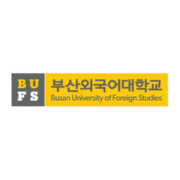
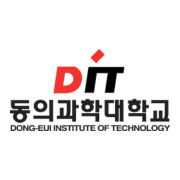
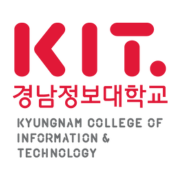
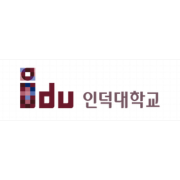
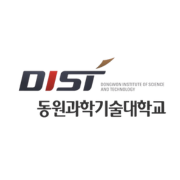
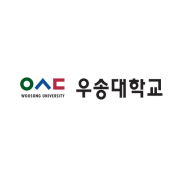
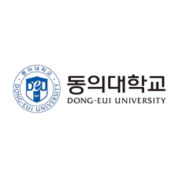
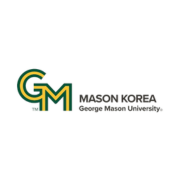
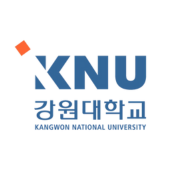
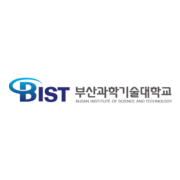
Scholarships
Popular Study Programs in South Korea
High-demand fields with English-taught options and strong industry links.
Electronics, mechanical, civil, robotics, semiconductor systems with hands-on labs.
Software, AI/ML, data science, cybersecurity; links to major tech firms.
International business, finance, marketing, supply chain; internship pathways.
Animation, VFX, broadcasting, digital content; collaborate with K-content studios.
Biotechnology, pharmacy, bioengineering, public health; research-led study.
Language immersion plus culture/history; TOPIK preparation included.
Average Cost of Living
International students should budget KRW 10,000,000 – 15,000,000 per year (approx. USD 7,000 – 11,000), depending on lifestyle and location (Seoul vs. Busan or regional cities). Most of the listed universities—such as Dong Eui University, Busan University of Foreign Studies, and Kangwon National University—are in cities with a lower cost of living compared to Seoul.
Undergraduate Degrees:
Tuition fees typically range from KRW 4,000,000 – 8,000,000 per year (approx. USD 3,000 – 6,000), with most programs lasting 4 years.
Postgraduate Degrees:
Tuition fees for postgraduate programs range from KRW 6,000,000 – 12,000,000 per year (approx. USD 4,500 – 9,000), with most master’s programs completed in 1.5 to 2 years. Research opportunities and industry collaboration are strong at universities like Dong Eui University and Busan University of Foreign Studies.
For Bachelor’s (UG)
10+2 (CBSE/State/IB) with strong scores in relevant subjects (generally 50–60%+; competitive programs higher)
English-taught: IELTS 6.0–6.5 / TOEFL iBT 70–90+ / Duolingo 105–115+ (as accepted)
Korean-taught: TOPIK Level 3–4 (or language pathway)
Documents: Passport, transcripts & mark sheets, SOP, 2 LORs, CV, financials; portfolio for design/arts
For Master’s (PG)
Recognized bachelor’s in a relevant field (typically CGPA 2.5–3.0/4.0+ or equivalent)
IELTS 6.5 (some 6.0) / TOEFL iBT 80–100+ / Duolingo 110–120+
Program-specific prerequisites (e.g., calculus/programming for CS; work experience for MBA)
Documents: Degree + transcripts, SOP/Study plan, 2–3 LORs, CV, passport, financials; portfolio where applicable
For PhD / Research
Relevant Master’s (or exceptional Bachelor’s) with research background
Contact/acceptance from a supervisor often required
IELTS 6.5–7.0 / TOEFL iBT 90–100+ (as specified)
Documents: Research proposal, publications (if any), CV, transcripts, LORs, funding plan
Additional Notes
Some universities accept PTE / TOPIK alternatives or waive English tests for prior English-medium study.
Competitive STEM schools (e.g., KAIST/POSTECH/UST) may set higher GPA/test thresholds and require interviews.
Keep SOP, LORs, and portfolio program-specific and concise; submit financial proof per university/visa guidance.
✅ Admission/Acceptance Letter (or Certificate of Enrollment)
✅ Visa Application Form (D-2/D-4) + Visa Issuance Number (if provided by university)
✅ Passport valid for full study period + photocopies
✅ Passport-size photos (as per embassy specs)
✅ Academic records – 10th/12th/Degree transcripts & certificates (apostille/attestation if required)
✅ Proof of funds – last 3–6 months bank statements/balance certificate, fixed deposits/education loan sanction, or scholarship letter
✅ Tuition fee receipt or remittance proof (if paid in advance)
✅ Language proficiency – IELTS/TOEFL for English-taught; TOPIK for Korean-taught courses
✅ Statement of Purpose / Study Plan + CV/Resume
✅ Medical certificate (TB/health checks if asked)
✅ Police Clearance Certificate (PCC) (if requested by consulate)
✅ Sponsor affidavit & relationship proof (when parent/guardian funds your study)
✅ Health/Travel insurance (university or private; as instructed)
Many programs are offered in English. TOPIK is needed for Korean-taught courses. Learning basic Korean helps with part-time jobs and daily life.
Main intakes are March (Spring) and September (Fall). Start applications 6–9 months early, especially for scholarships and visas.
Yes—part-time work is allowed with permission from Immigration and your university (hour limits apply). After graduation, you can explore D-10 (job-seeker) or employer-sponsored E-series work visas.
Indicative tuition is ~USD 3k–6k+ per semester; living costs ~USD 550–950/month (higher in Seoul). Scholarships include GKS, university merit waivers, and RA/TA funding—apply early.
